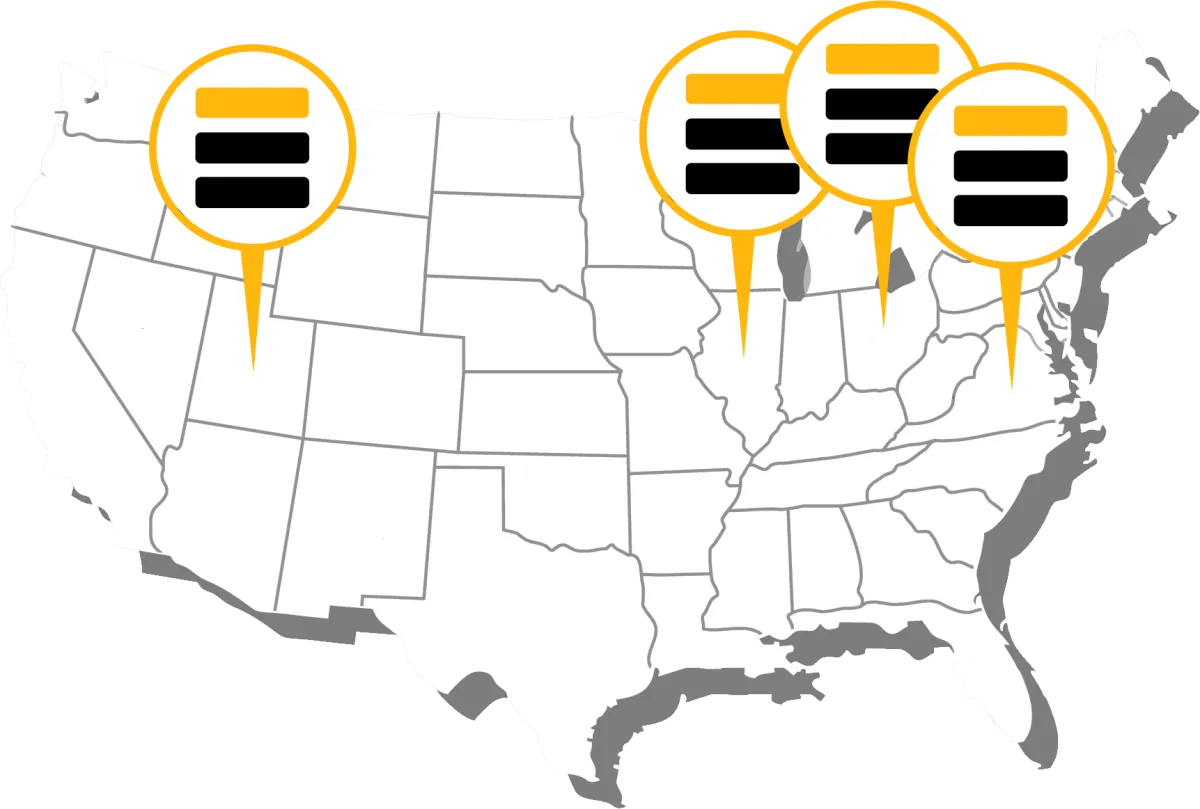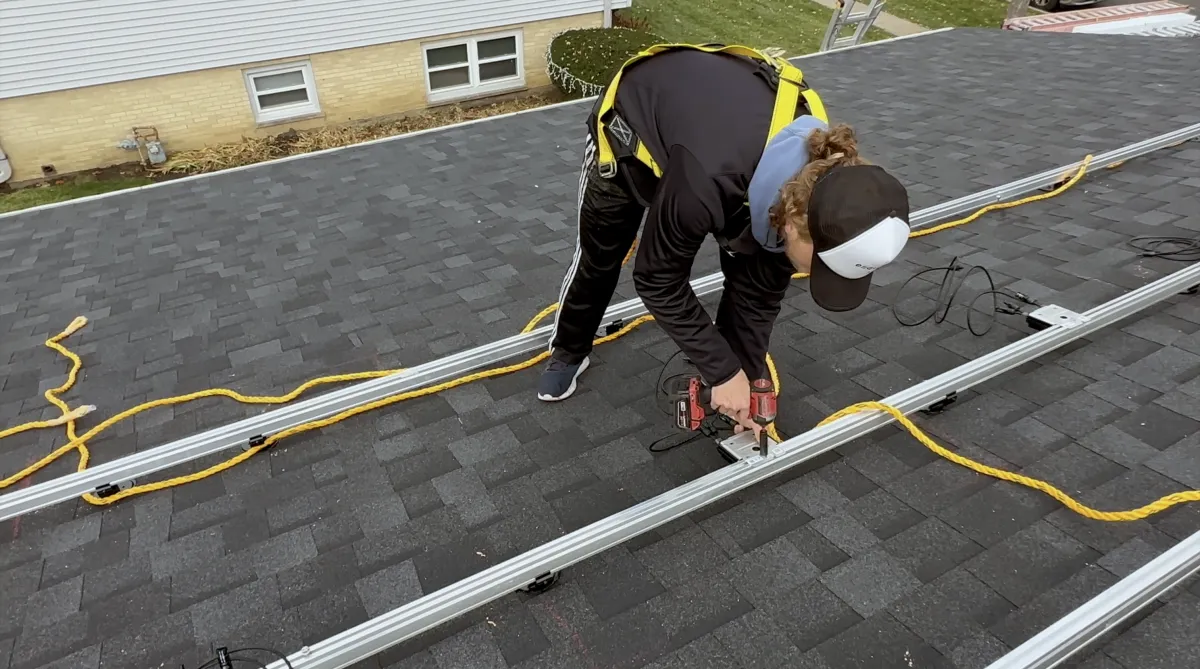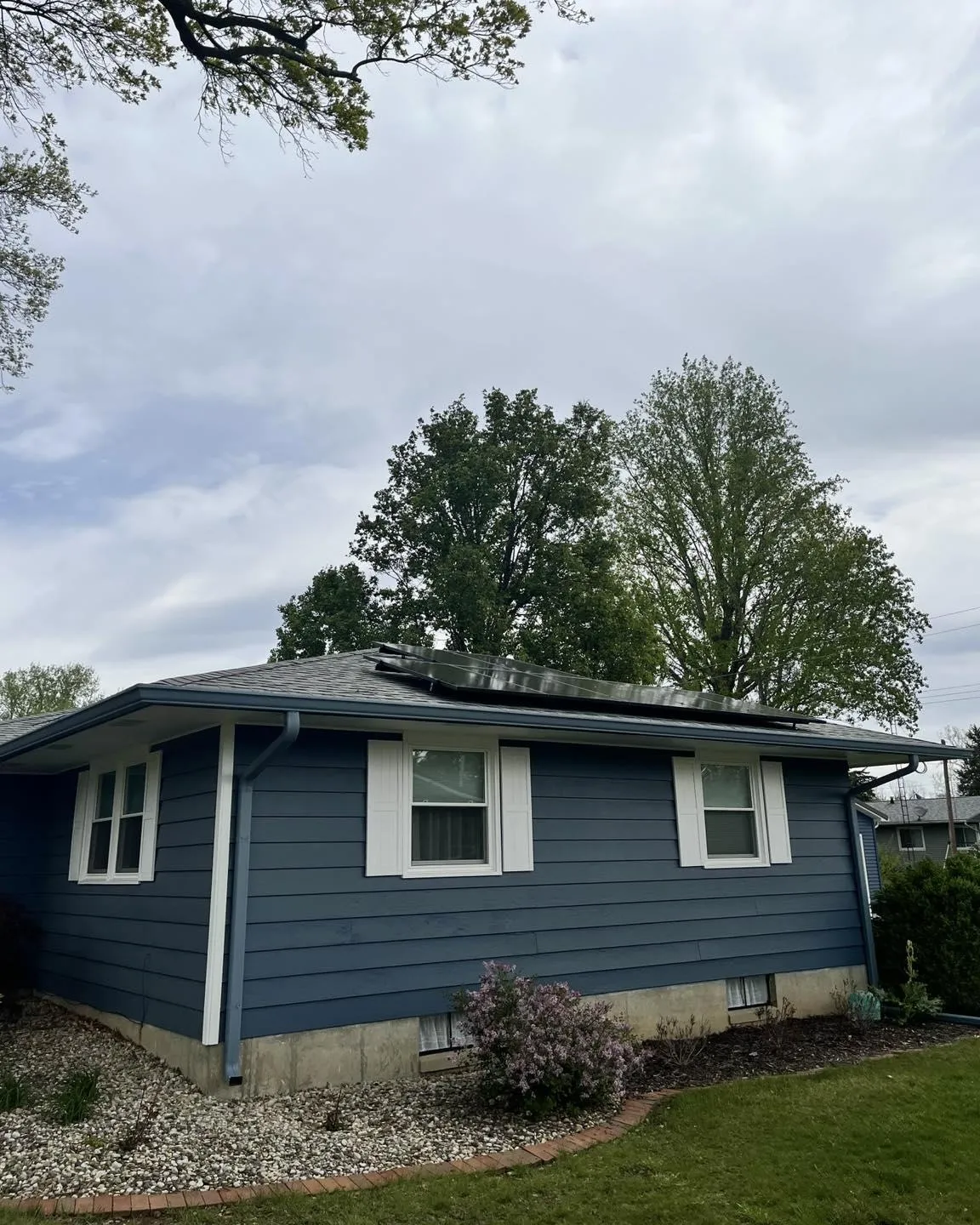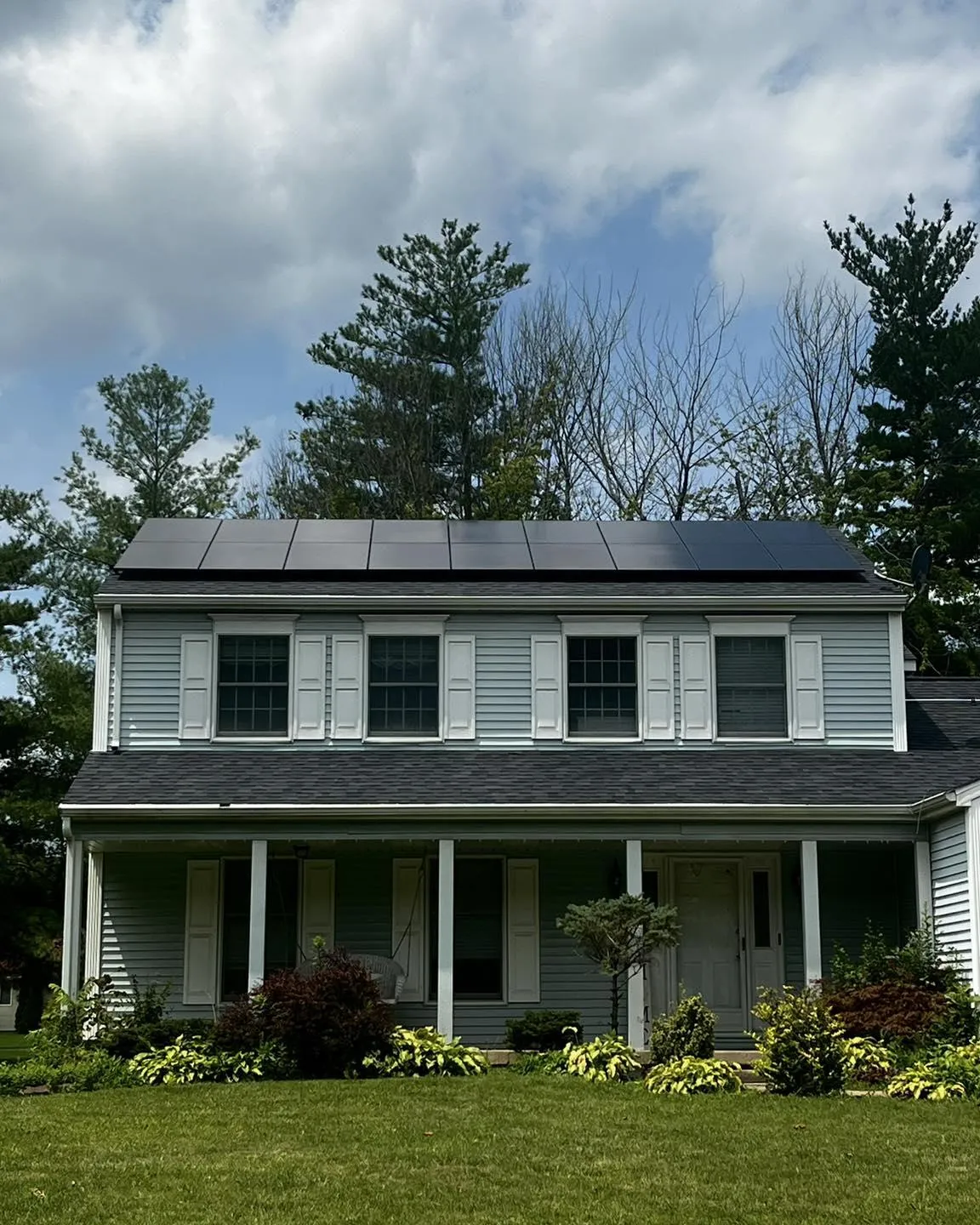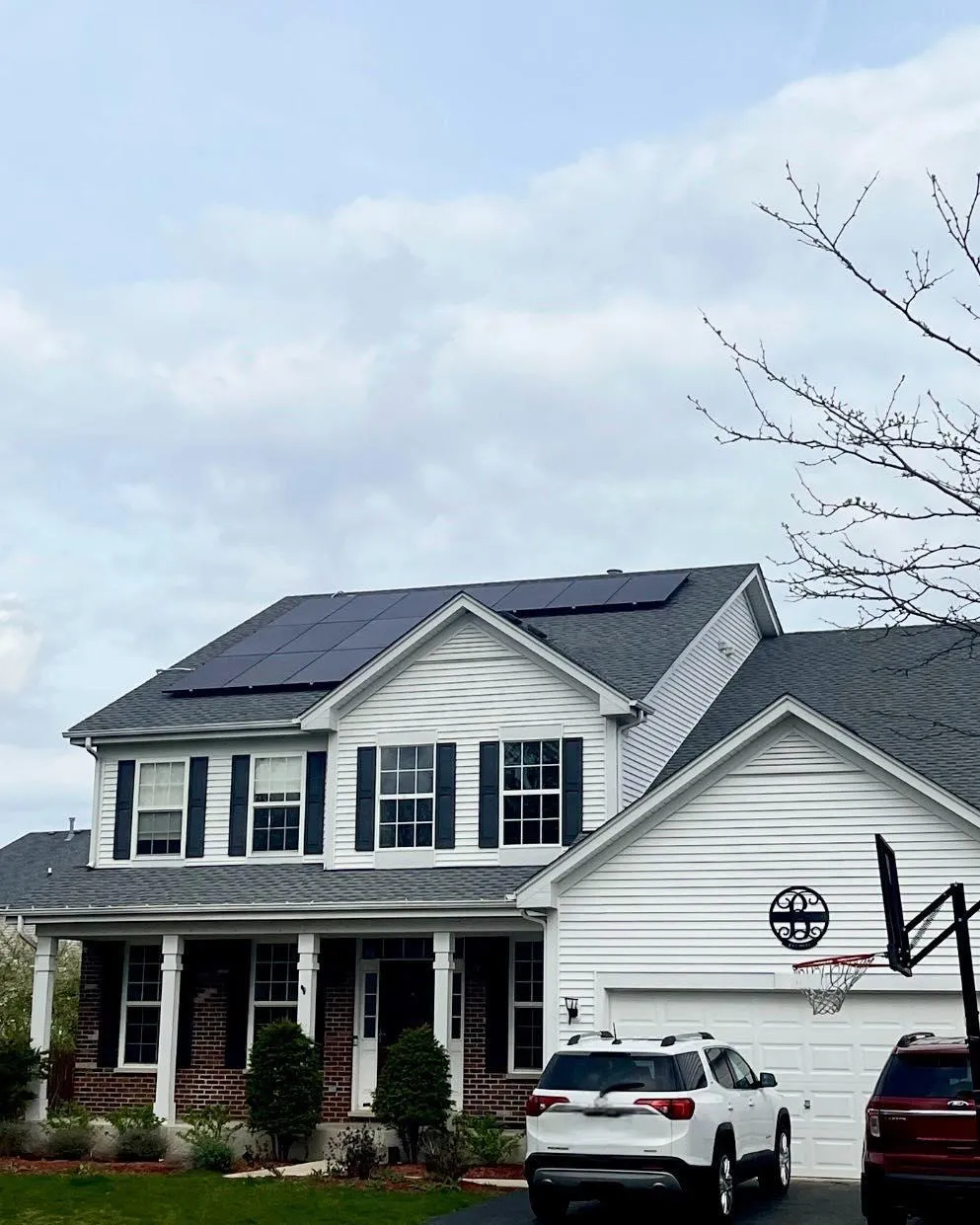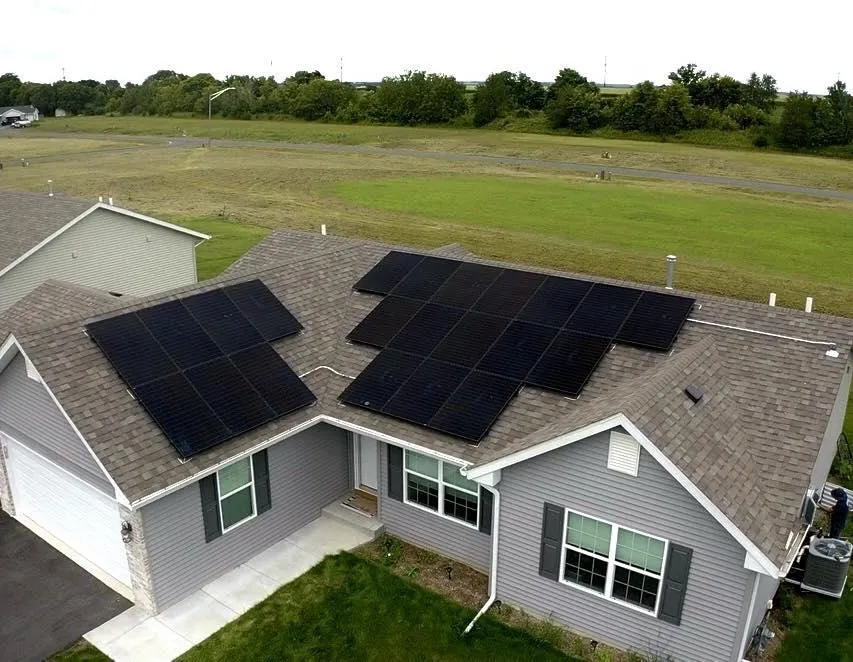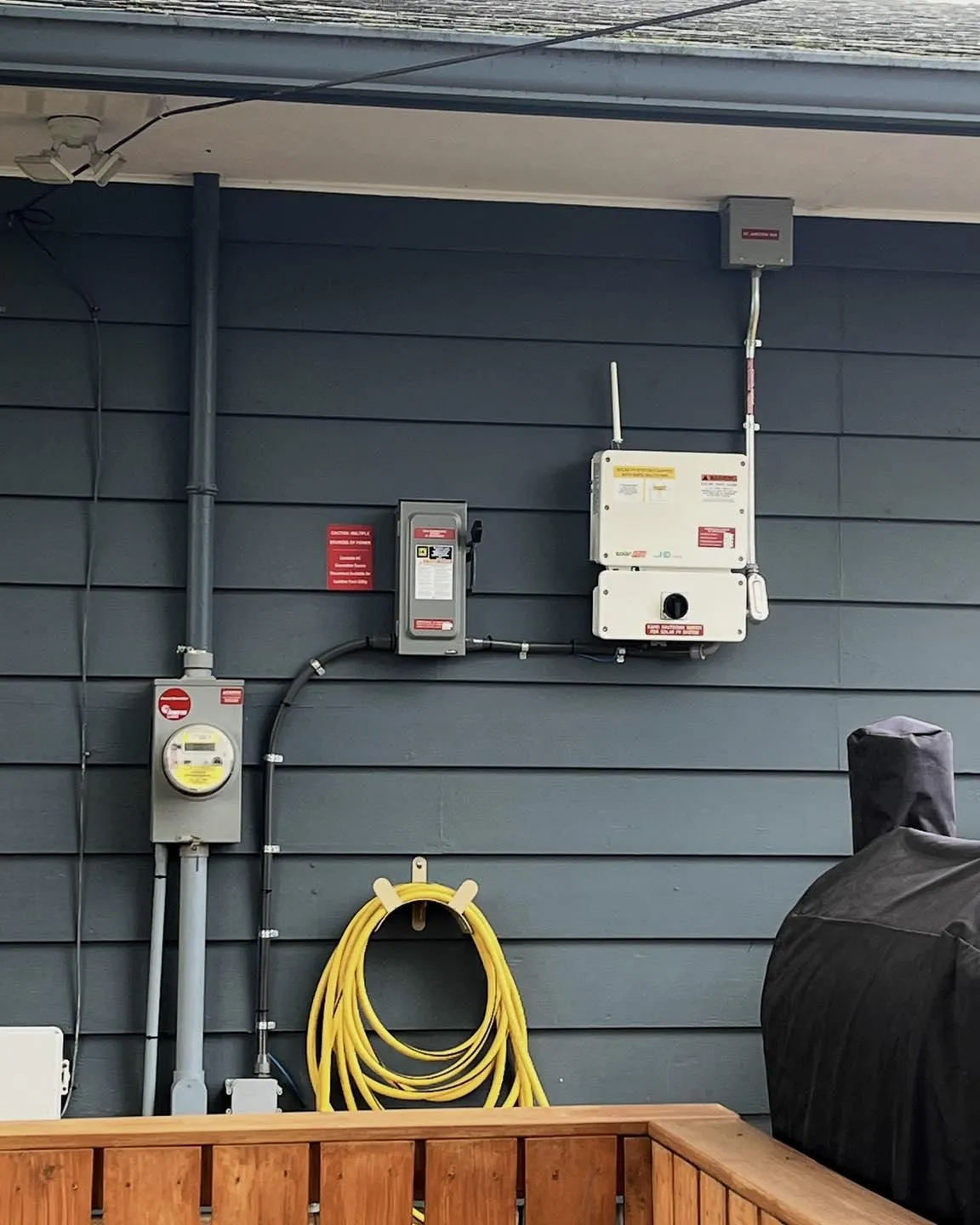Solar Energy Simplified.
See if You’re Eligible
Take our quick survey to find out if your home is eligible for solar energy. It’s fast, easy, and could lead to big savings. Start now!

Fill out the form to see if you qualify

Meet with our team and begin your process.

Installation and Savings!


5001+
installs

160K KW
installed

5001+
installs

160K KW
installed
About eEquals
Our commitment is to guide you through every step of the solar journey. The eEquals team is here to ensure your transition to solar is seamless and stress-free. From the initial assessment and securing permits to installation, inspection, and finally, powering your system on.
Contact us today to learn more about our process and receive your personalized quote. Let’s take the first step towards your energy independence together!
Our Reputation
Don’t just take our word for it
Debra Edwards-Wing
★★★★★
We've just finished the install of our ground mounted solar panels. We're very impressed with the crew working on our property. All were pleasant, respectful and experienced. The crew cleaned up the site to our satisfaction. Our liason Dawitt Dagnew always kept in touch with us and is an astounding person. He answered all of our many questions and was responsible for making us feel at ease with our decision to go solar. This has been a good experience all the way through.
Brian Jennings
★★★★★
This company did a great job and stayed in contact with me throughout the whole process Answering all of my annoying questions starting with Cody Hamel selling us on it keeping in contact through the whole process. Installation crew did a great job even with me looking over their shoulder throughout the process Because I like to see how things work. Couple days later was the inspection and Ameren had it turned on like two days later. Full process took maybe three weeks. definitely would recommend.

David Houck
★★★★★
I would highly recommend this company for your solar needs. Sales rep and everyone I interacted with afterwards were very professional, friendly and knowledgeable. I was kept informed in a timely manner about every step of the process. The installers themselves were also very friendly and experienced. When they left, they made sure everything was left just like they found it. Complete install and activation was done in a timely manner. Very happy so far.
Residential
At eEquals, we are committed to serving our community by providing top-of-the-line solar systems to homeowners across Illinois. We’ve empowered thousands of homeowners to make the switch to solar, helping them reduce their electric bills by up to 50%. You can be next.
Proudly serving Illinois, Ohio and Virgina for years
